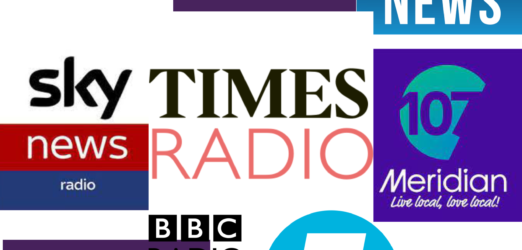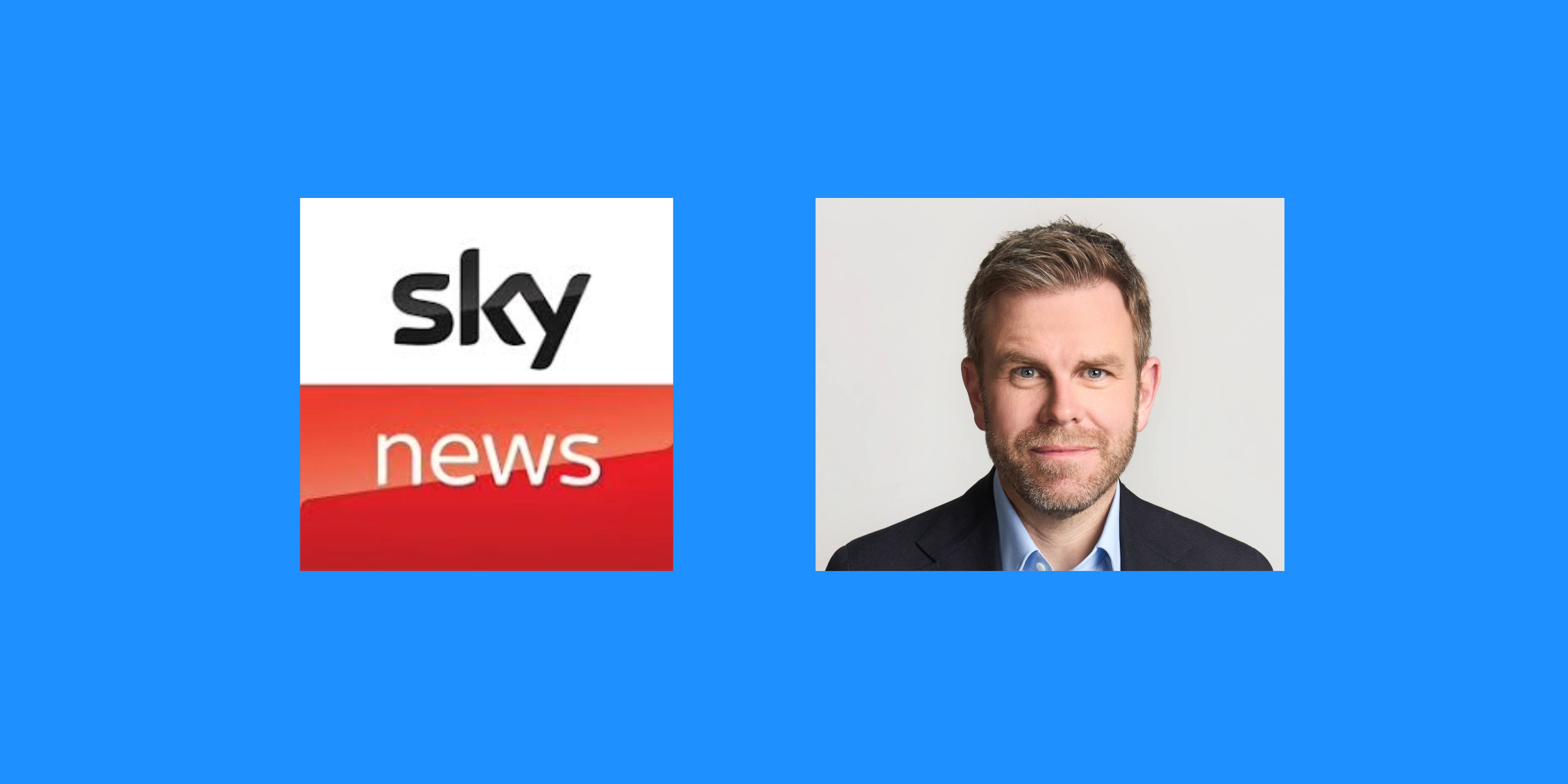Monday 19th July 2021; an historic day, or so we thought. The final lifting of lockdown restrictions across the country was meant to be a joyous occasion, full of celebration and jubilation. No more face masks, no more social distancing, and a true return to freedom. Alas, it was not quite the celebration we had imagined.
Just a couple of days before, the Secretary of State for Health, Sajid Javid tested positive for COVID-19, meaning members of the cabinet had to self-isolate. Prime Minister Boris Johnson also had to spend “Freedom Day” locked away at Chequers. Outside politics others said they were not ready to return to normal and would continue wearing face masks. That said, “Freedom Day” did allow the hospitality and travel sectors a glimpse of hope with the ability to welcome back more customers, and for the broadcast PR industry, it provides an opportunity to reflect on exactly how the pandemic has changed the way we will work going forward.
How the Pandemic has Changed Broadcast PR
Many industries are re-thinking how they might adapt to the new world, and broadcast PR is no exception. Many radio and TV stations have had to upgrade their infrastructure to be able to continue broadcasting remotely throughout the pandemic. As a result, whilst some TV shows are welcoming back live studio guests, there has never been more of an appetite for remote spokespeople.
That got us thinking. We intend to mirror the broadcasters we place content with, making the most of technology. We now have three ways of working. The first is to continue offering remote radio days, as we have done since the start of the pandemic. In practice this means offering your chosen spokesperson directly to broadcasters with remote, broadcast quality, conferencing software.
This brings with it many benefits, including increased convenience. No longer do spokespeople have to commute for hours to a studio at the crack of dawn. Meanwhile, PR teams don’t have to give up their whole day to attend in person, and any additional broadcast opportunities outside of the time of a usual media day can also be accommodated. The result? More opportunities, refreshed spokespeople and PR teams that can get more done.
The Pop-Up Broadcast PR Studio
Of course, we know that everyone is different; some people love working face to face, which is why we are also offering out our pop-up media relations studio. If you prefer this option, we will bring all the necessary equipment to a location of your choice. Our team of broadcast experts will ensure the broadcast PR day runs smoothly. You will be able to liaise and direct your chosen spokespeople in person, whist our team connects them to radio and/or TV stations around the country. This is also a perfect option if your spokesperson is unable to travel to you or a studio due to prior commitments – we can go to them!
The Redundant Radio Studio
This is still an option, but we feel an unnecessary expense. We don’t doubt our competitors with long office leases will insist a studio is a requirement. This is just not true. Broadcasters do not expect nor need spokespeople in a PR studio. They have the two options detailed above. Some national radio stations may ask guests to return to their studios, but that’s because they want face-to-face communication. A third party radio studio is now redundant.
What Other Affects Has the Pandemic Had on Broadcast PR?
As with other industries, the world of broadcasting has not been able to escape the financial impact of COVID-19. Radio and TV stations have undergone a series of significant cutbacks in order to survive which has led to redundancies, smaller teams and fewer resources. To put it simply, broadcasters are stretched. When trying to secure successful broadcast PR coverage, it is more vital than ever to help producers out. If aiming for TV relations, consider offering B-Roll, so they don’t have to spend time filming video material themselves.
For regional radio relations, think about offering regional statistics and case studies so journalists don’t have to spend valuable time localising the content. In a post-pandemic world, anything that can be done to make the job of the broadcaster easier, is more likely to result in a successful result when pitching stories.
How Important is Media Training?
It’s been said many times before, but the news agenda has never been busier. The world is shakily emerging from a global pandemic and embarking on a ‘new normal’. Securing air-time is competitive, really competitive. To cut through and ‘land’ broadcast PR coverage, your spokespeople need to be media trained. That means they will know how to handle themselves on air and deliver brand messages in a personable way, without sounding like they are fronting an advertisement. It’s always a fine line between giving the journalists what they want and maximising a hard-won broadcast appearance.
How Can Shout! Communications Help with Your Broadcast PR Campaign?
Shout! Communications is a team of broadcast PR professionals with decades of experience creating and leading broadcast content for national radio and TV. As well as being broadcast PR experts, we think like the broadcast producers we used to be. In a post pandemic world, we know what broadcasters want, and more importantly, what they don’t want. To learn more about how we can help you with radio and TV media relations, as well as media training, contact us today.



